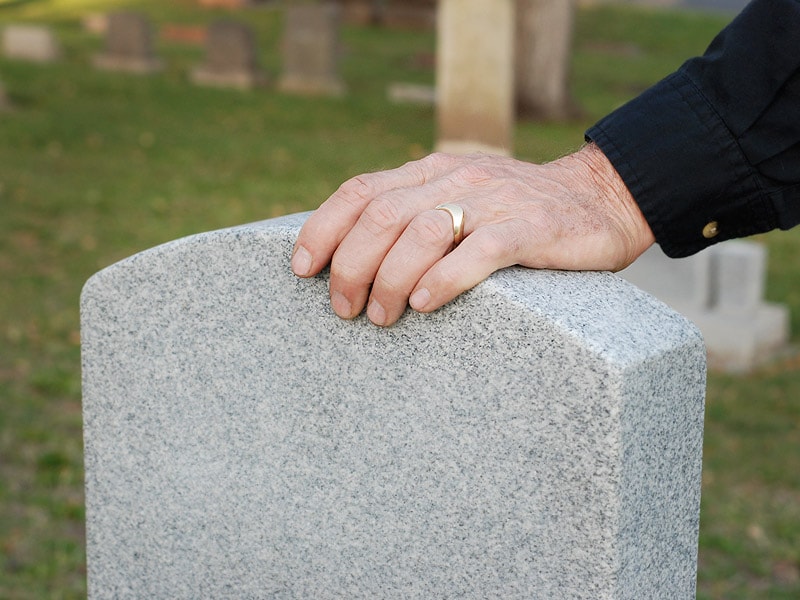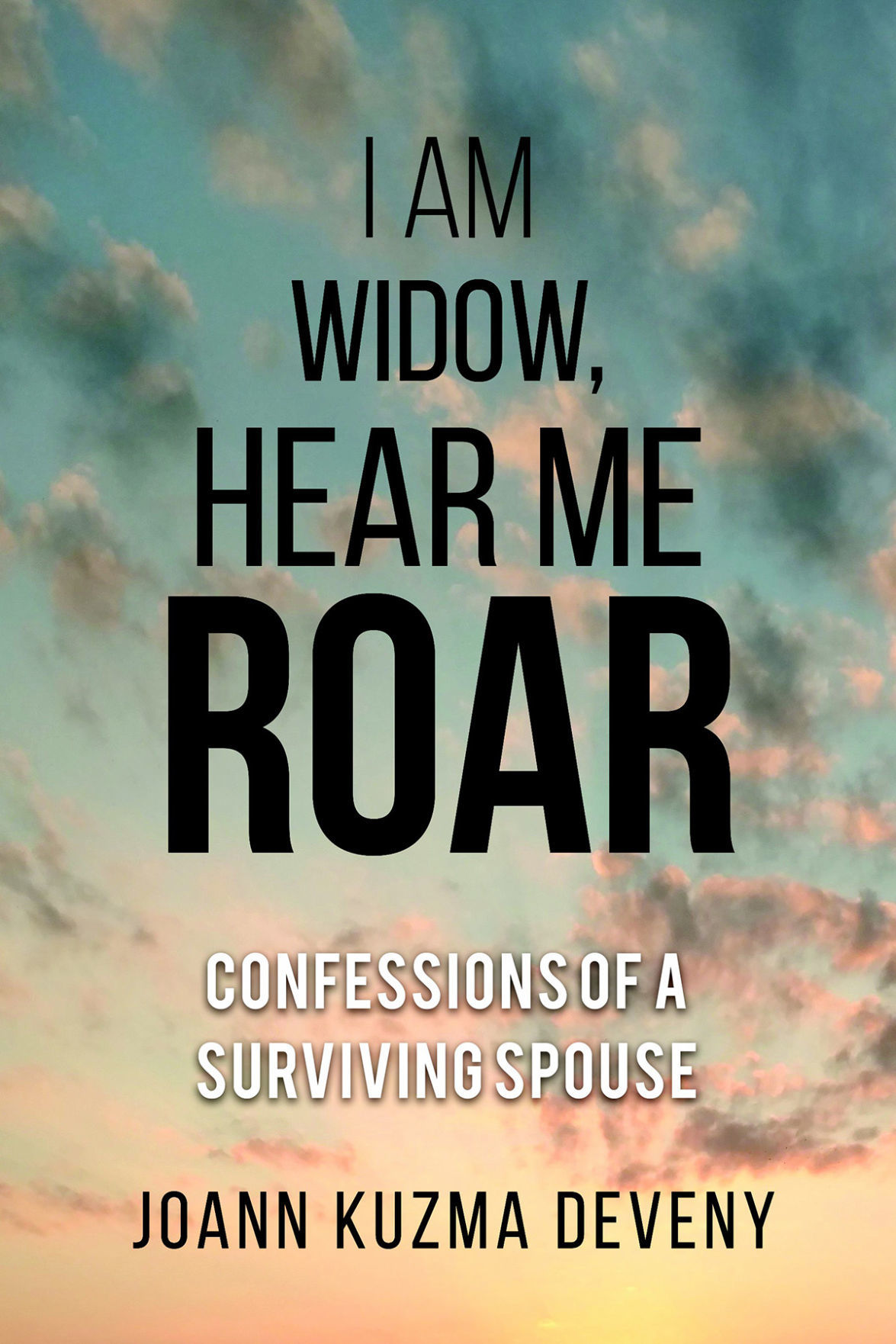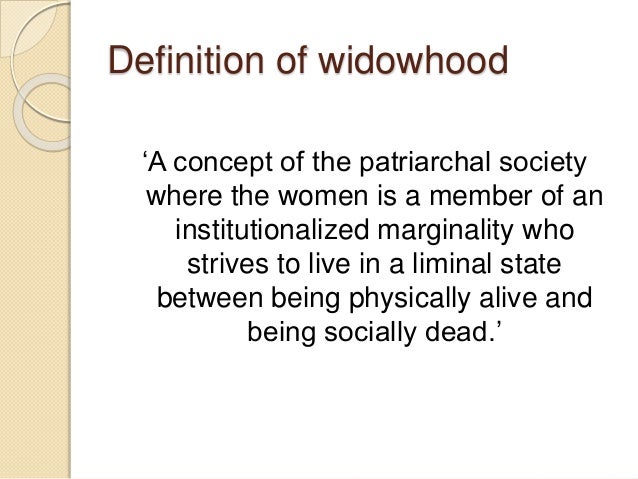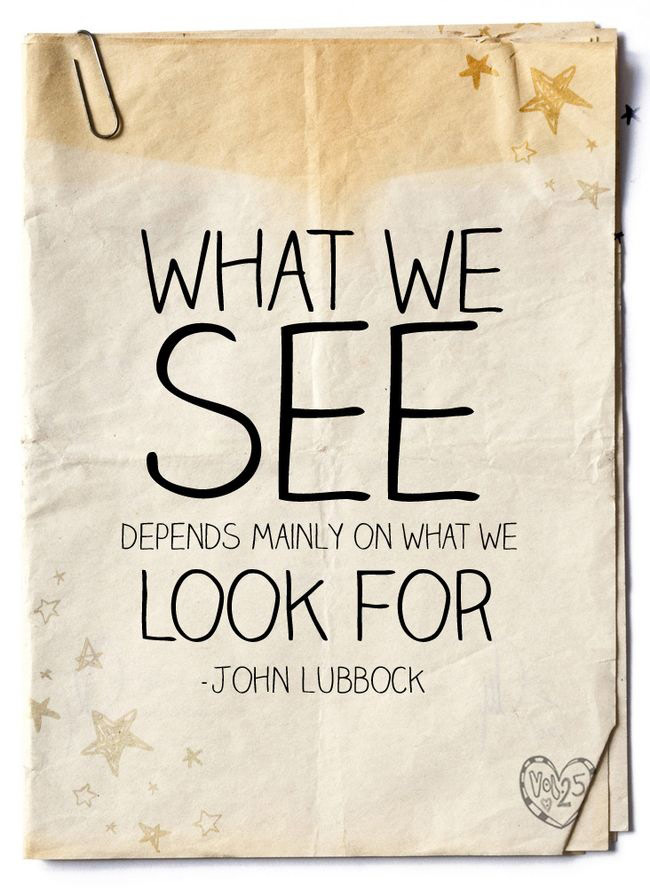Matthew 25:40
 "The King will reply, 'Truly I tell you, whatever you did for one of the least of these brothers and sisters of mine, you did for me.'
"The King will reply, 'Truly I tell you, whatever you did for one of the least of these brothers and sisters of mine, you did for me.'crazy shapes Ron would wrap presents in so no one could guess the contents. Allen sticks a bow
onto a gift--just a plain old shirt box--and whispers to me conspiratorially. “I already knew what I was
getting Dad for Christmas,” he says.
“Really?” I say in surprise. “Dad died in July. How could you already know what he needed?”
Allen sighs. I know he is processing the words that will make sense to both him and me. Reconciling
himself to his father’s death five months ago was not easy and my autistic son spent weeks
believing his father would come back again if only he could find the magic formula. “Well,” he begins,
“Back when I thought Dad was coming back..” his voice catches "...I was thinking that Dad
needed to be safe and protected. You know, from all the illnesses and stuff.” He looks at me for
confirmation and I nod. “So, I wanted to get him a big coat--like the firemen wear--to protect him.”
himself to his father’s death five months ago was not easy and my autistic son spent weeks
believing his father would come back again if only he could find the magic formula. “Well,” he begins,
“Back when I thought Dad was coming back..” his voice catches "...I was thinking that Dad
needed to be safe and protected. You know, from all the illnesses and stuff.” He looks at me for
confirmation and I nod. “So, I wanted to get him a big coat--like the firemen wear--to protect him.”
As always, I am touched by the heart of my youngest son whose concern for his ill father was a
focus of most of his life. It is a moment before I can trust my voice to answer. “I am sure Dad would
have appreciated that,” I say. “But you know, we gave Dad a new coat last year.” I swallow.
“He only wore it once.”
focus of most of his life. It is a moment before I can trust my voice to answer. “I am sure Dad would
have appreciated that,” I say. “But you know, we gave Dad a new coat last year.” I swallow.
“He only wore it once.”
Allen does not reply. He picks up another gift to wrap. “I still wish I could give Dad something.”
 So do I, I want to say. But a person who is living in the Heavenly Kingdom has no need of material
So do I, I want to say. But a person who is living in the Heavenly Kingdom has no need of materialitems. Still, how could we honor Ron and his life? I begin to recall the gifts of years past and the
many, many years when we had no money to give anything to each other and scraped together
Christmas for our kids. Then, a thought enters my mind.
“You know,” I say casually, “my school is collecting things to give to the homeless population in
Philadelphia. Every Tuesday, a group goes down to Center City and gives out hats and gloves and
scarves.” I take a moment to fight back tears. “How about if we give Dad’s coat away?”
Philadelphia. Every Tuesday, a group goes down to Center City and gives out hats and gloves and
scarves.” I take a moment to fight back tears. “How about if we give Dad’s coat away?”
Allen considers it. “We’re sure Dad won’t need it?”
I shake my head. “No. Dad has no need of a coat. You know where he is, Allen. You know he’s not
coming back.”
coming back.”
There is a sigh. Allen’s acceptance has been hard won and is still tenuous. “I know,” he whispers.
“Sometimes I just like to pretend he is.”
“Sometimes I just like to pretend he is.”
“That’s okay,” I say. “It’s okay to pretend that. So, what do you think? Should we give Dad’s coat
away?” I go on wrapping presents as his atypical mind processes the information.
away?” I go on wrapping presents as his atypical mind processes the information.
Finally, there is a nod. “Okay. Can I be the one to put it in a bag?”
“Of course,” I say.

The next morning, I pick up the bag Allen has left on the enclosed porch and carry it out to the car. Even though I was the one who suggested it, I am strangely reluctant to give the coat away. It seems so final. I bought the coat a year ago with hope: hope that Ron’s physical therapy would help him improve to the point where he might be able to leave the house; hope that with assistance from his nursing aid and the elevator at church he might once again be able to join me at Sunday services; hope that a few small steps taken outside on the sidewalk might lead to a walk around the park, a Saturday in the spring sitting on a park bench watching the boats sail down the Delaware River, a family outing to a Phillies’ game.
None of which happened. I feel the weight of the lost hopes as I heft the bag into my car and drive to
school, my eyes smarting tears, my heart breaking. I carry it into the school and it sits behind my
desk, an accusation. Why did I continue to hope? Why did I continue to think things would get better?
Finally, I ask a student to carry the damning bag upstairs to Brother David. I can breathe easier
when it is gone. Back home, I only tell Allen I have given the coat to the school.
school, my eyes smarting tears, my heart breaking. I carry it into the school and it sits behind my
desk, an accusation. Why did I continue to hope? Why did I continue to think things would get better?
Finally, I ask a student to carry the damning bag upstairs to Brother David. I can breathe easier
when it is gone. Back home, I only tell Allen I have given the coat to the school.

During the days up to Christmas, I struggle to maintain some Christmas cheer. I engage with my students and the Christmas traditions of a Catholic high school in the best ways I can: the Ugly Sweater Day, the cookie exchange, the Secret Santa pick. At home I collapse after supper, going to bed early and waking up still tired. I plod along, expending emotional energy at school and with Allen, and helping my two older children as much as I can. I pack away more of Ron’s clothing for the Good Will donations and I order his grave marker at the cemetery. I put up a small tree for Allen and me, I unpack decorations. I function.
It is the day before school breaks for Christmas and I am getting my classroom ready for the students
that arrive before the first bell, students who are still learning English and crave the warm safety of
my ESL room. I am humming “O Holy Night” and taking deep breaths whenever I think of my late
husband. Ron loved Christmas. Everyday, I swim through the thick memories to surface with my
students.
that arrive before the first bell, students who are still learning English and crave the warm safety of
my ESL room. I am humming “O Holy Night” and taking deep breaths whenever I think of my late
husband. Ron loved Christmas. Everyday, I swim through the thick memories to surface with my
students.
I am switching on the lights when Brother David appears at my door. “Merry Christmas,” he says and
I respond. “I wanted you to know,” he continues, “that your husband’s coat found a home yesterday.
 We were able to give it to a homeless man who was very appreciative.”
We were able to give it to a homeless man who was very appreciative.”
I respond. “I wanted you to know,” he continues, “that your husband’s coat found a home yesterday.
 We were able to give it to a homeless man who was very appreciative.”
We were able to give it to a homeless man who was very appreciative.”
My heart swells even as tears spring to my eyes. I can feel Ron’s warm smile bathing me. My husband had a generous heart.
"But it's funny how it happened," says Brother David. "We'd had the coat a few weeks, you know, but
we didn't meet anyone that needed a 4-X coat. Then, on Tuesday, a large man came by and said
he'd been looking for a coat but he could never find one to fit him. He said he didn't often come down
near City Hall, but someone he barely knew told him to come see us. In fact, he couldn't remember
ever seeing that person before. So he came down and there we were. And your husband's coat fit
him perfectly."
we didn't meet anyone that needed a 4-X coat. Then, on Tuesday, a large man came by and said
he'd been looking for a coat but he could never find one to fit him. He said he didn't often come down
near City Hall, but someone he barely knew told him to come see us. In fact, he couldn't remember
ever seeing that person before. So he came down and there we were. And your husband's coat fit
him perfectly."
I nod but find I cannot speak.
"He said," Brother David continued, "that he'd been offered some construction work over the holidays
but he knew he needed something warm to wear. He'd just about given up finding a coat. He was
wearing a couple of sweat shirts, but that's all he had. When we gave him the coat, he cried. He said
it gave him hope that he could turn his life around."
but he knew he needed something warm to wear. He'd just about given up finding a coat. He was
wearing a couple of sweat shirts, but that's all he had. When we gave him the coat, he cried. He said
it gave him hope that he could turn his life around."
I am crying right now, realizing that the hope I held for the coat I'd bought for Ron had been fulfilled
after all. Brother David reaches out and hugs me. All day, I hide this gift in my heart, thinking of how my son will react when I tell him his father’s coat is now protecting someone else.
after all. Brother David reaches out and hugs me. All day, I hide this gift in my heart, thinking of how my son will react when I tell him his father’s coat is now protecting someone else.
Back home again, Allen has hot tea ready for me and I settle into my chair. “Dad’s coat found a home
today,” I tell him. I tell him the story from Brother David. Allen smiles, then is thoughtful for a moment.
today,” I tell him. I tell him the story from Brother David. Allen smiles, then is thoughtful for a moment.
"We should hang up Dad' stocking," he says. "Because it feels like Dad is still here."





















